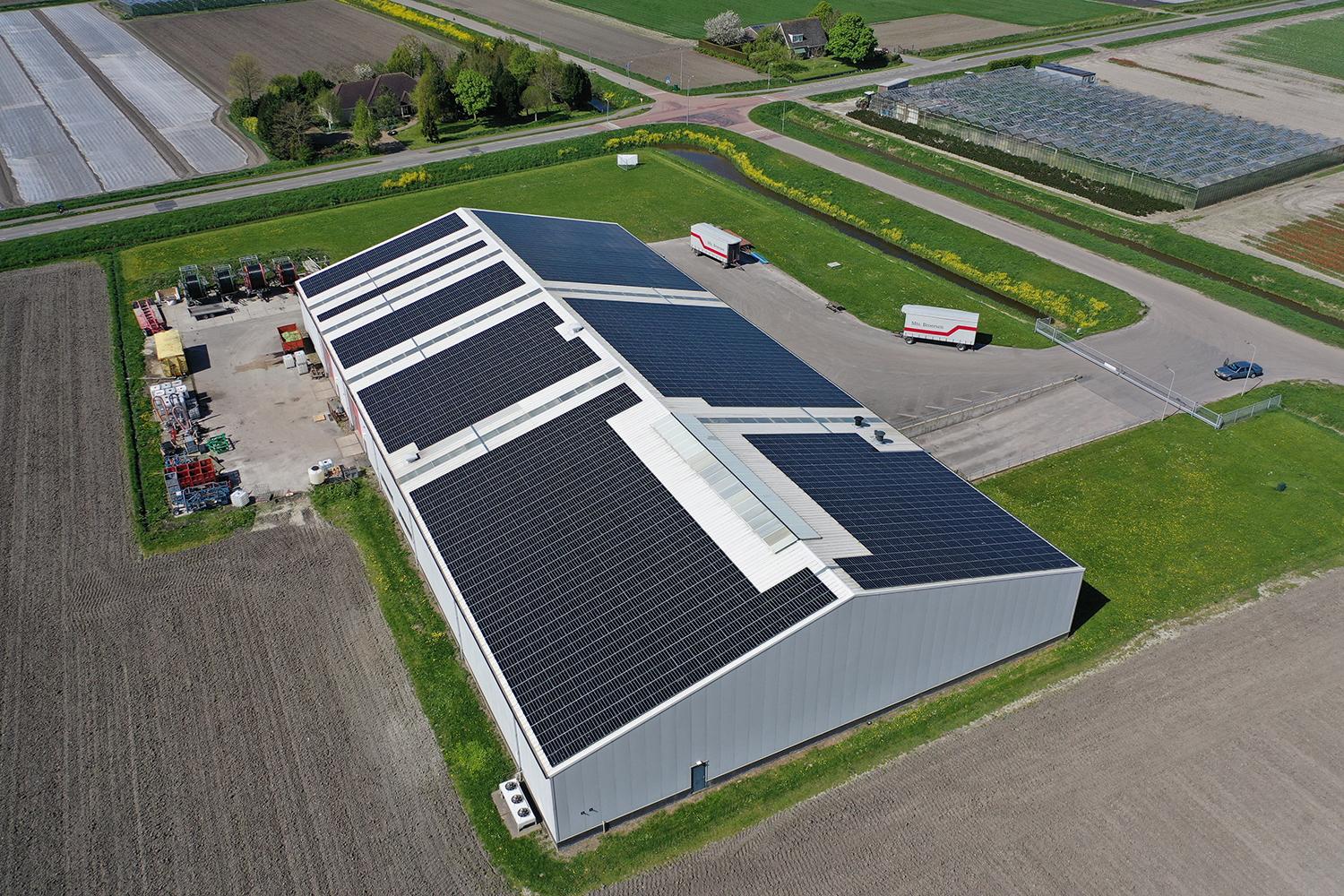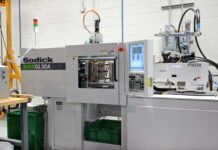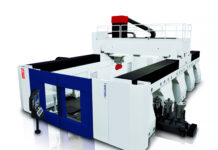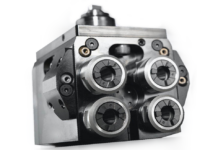
Sustainable manufacturing has become a critical focus for industries worldwide as businesses seek to balance economic growth with environmental responsibility. This trend is driven by increasing regulatory pressures, consumer demand for eco-friendly products, and the need to reduce operational costs through energy efficiency and waste reduction. Companies across various sectors are adopting innovative practices and technologies to minimize their environmental impact and improve sustainability.
Integration of Renewable Energy Sources
One significant trend in sustainable manufacturing is the integration of renewable energy sources. Many manufacturers are investing in solar, wind, and other renewable energy systems to power their operations. This shift not only reduces reliance on fossil fuels but also helps companies mitigate the risks associated with fluctuating energy prices and regulatory changes. By generating their own clean energy, manufacturers can achieve greater energy independence and cost stability.
Circular Economy Principles
Another key trend is the implementation of circular economy principles. The circular economy aims to keep products, materials, and resources in use for as long as possible, minimizing waste and environmental impact. Manufacturers are embracing this concept by designing products for durability, repairability, and recyclability. They are also developing innovative processes to recycle and repurpose waste materials, turning them into valuable resources for new products. This approach not only conserves natural resources but also opens up new revenue streams and reduces waste management costs.
Advanced Manufacturing Technologies
Advanced manufacturing technologies, such as additive manufacturing (3D printing) and digital twins, are also playing a crucial role in promoting sustainability. Additive manufacturing allows for precise production with minimal material waste, enabling manufacturers to create complex parts and components more efficiently. Digital twins, virtual replicas of physical assets, help optimize manufacturing processes by simulating different scenarios and identifying opportunities for energy and resource savings. These technologies enhance product design, production efficiency, and overall sustainability.
Sustainable Supply Chain Practices
Sustainable supply chain practices are becoming increasingly important as manufacturers seek to reduce their environmental footprint. This includes sourcing materials from environmentally responsible suppliers, optimizing logistics to reduce transportation emissions, and implementing sustainable packaging solutions. Companies are also focusing on transparency and traceability in their supply chains, ensuring that their products are ethically and sustainably produced.










































